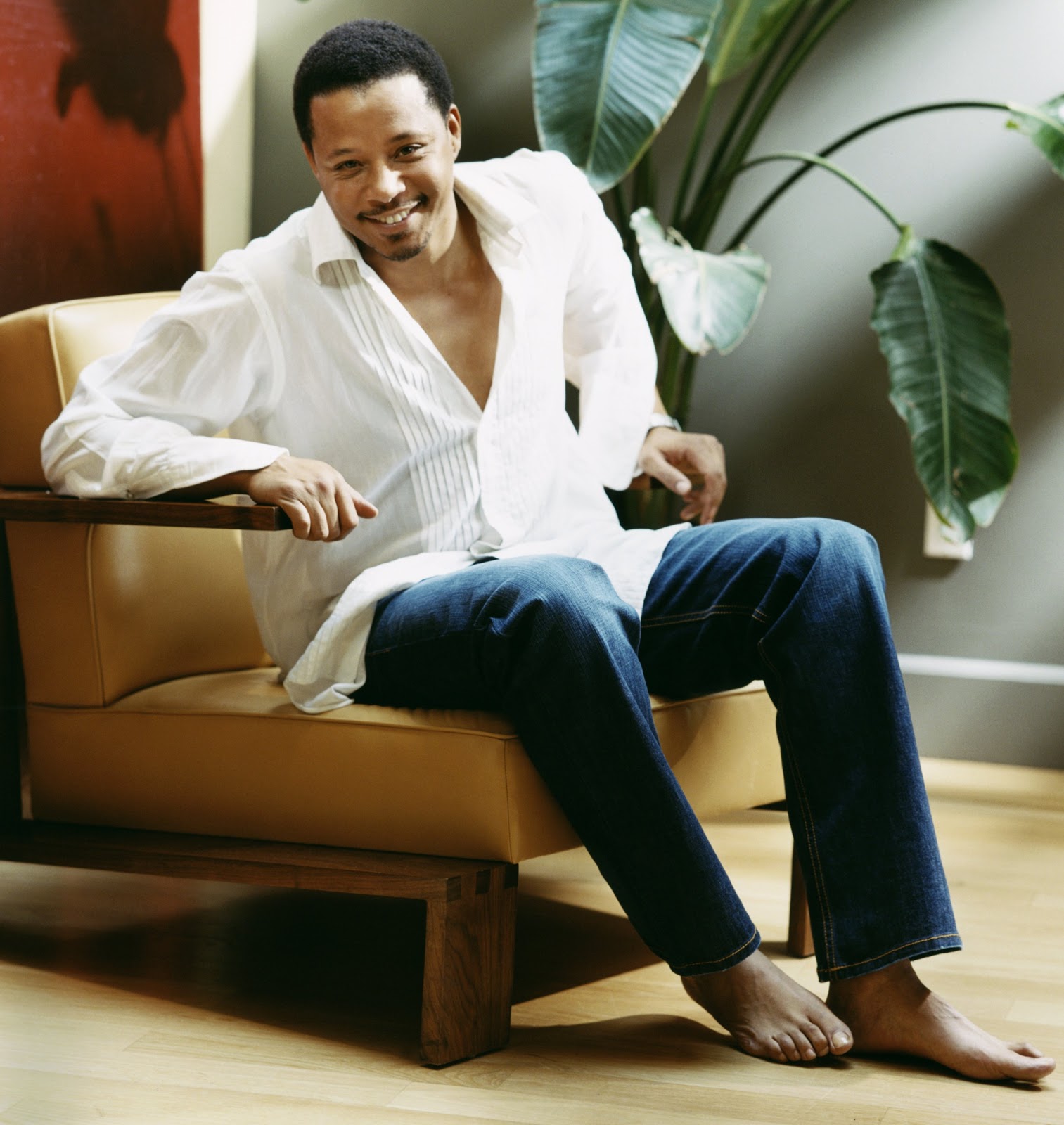Terrance Howard is a name that resonates with many due to his remarkable talent and captivating performances in films and television. However, his journey has not been devoid of challenges, particularly when it comes to his mental health. In recent years, there have been speculations and discussions surrounding his mental state, leading to the pressing question: does Terrance Howard have schizophrenia? This article delves into Howard's life, exploring his career, personal experiences, and the claims regarding his mental health.
Born on March 11, 1977, in Chicago, Illinois, Terrance Howard has carved a niche for himself in Hollywood with his versatile acting skills. From his breakout role in "Hustle & Flow" to his portrayal of Lucious Lyon in the hit series "Empire," Howard has captivated audiences worldwide. Despite his success, he has faced numerous personal challenges, including legal battles and relationships, which have raised eyebrows regarding his mental well-being. As we explore the details of his life, we aim to shed light on the truth behind the rumors.
Amidst the buzz surrounding his career and personal life, the question of whether Terrance Howard has schizophrenia remains a topic of intrigue. Mental health is an essential aspect of our society that often goes overlooked, and understanding the nuances of such conditions is crucial. This article will not only look into Howard's life but will also provide insights into schizophrenia, its symptoms, and its impact on individuals and their families.
Who is Terrance Howard? A Brief Biography
Terrance Howard is an American actor, producer, and musician, known for his unique voice and compelling performances. He has received several accolades, including an Academy Award nomination for Best Actor. Below is a brief overview of his personal details and bio data:
| Personal Details | Information |
|---|---|
| Full Name | Terrance Dashon Howard |
| Date of Birth | March 11, 1977 |
| Place of Birth | Chicago, Illinois, USA |
| Occupation | Actor, Producer, Musician |
| Notable Works | Hustle & Flow, Empire, Iron Man |
| Spouse | Miranda Pak (married in 2013) |
Does Terrance Howard Have Schizophrenia? The Controversy Explained
Over the years, various rumors have circulated about Terrance Howard's mental health, including speculations about schizophrenia. These claims often stem from his erratic behavior and candidness about his struggles. So, does Terrance Howard have schizophrenia? To answer this question, we need to examine the evidence and statements made by Howard himself, as well as the perspective of mental health professionals.
What Are the Symptoms of Schizophrenia?
To understand whether Terrance Howard may struggle with schizophrenia, it's essential to know the symptoms associated with the disorder. Schizophrenia is a severe mental illness that typically manifests in the following ways:
- Delusions: Strongly held false beliefs that are resistant to reason or confrontation with actual facts.
- Hallucinations: Sensing things that are not present, such as hearing voices or seeing things that others do not.
- Disorganized Thinking: Incoherent speech or difficulty organizing thoughts, leading to trouble communicating effectively.
- Negative Symptoms: Reduced emotional expression, lack of motivation, and social withdrawal.
Has Terrance Howard Ever Addressed His Mental Health?
In various interviews, Terrance Howard has openly discussed his personal struggles, including feelings of anxiety and the pressures of fame. However, he has not explicitly stated that he has schizophrenia. Instead, he has been candid about the challenges of his career and the impact of public scrutiny on his mental health. This raises the question: is there evidence to support the claims that he suffers from schizophrenia?
What Evidence Supports or Refutes the Claims?
While there is an absence of concrete evidence to suggest that Terrance Howard has been diagnosed with schizophrenia, his behavior at times has led to speculation. Here are some key points to consider:
- Public appearances where he exhibited unusual behavior.
- Statements made that raised questions about his mental clarity.
- Lack of a formal diagnosis from mental health professionals.
It is crucial to approach such claims with caution and empathy, as mental health is a sensitive subject that affects many individuals and their families.
How Does Terrance Howard Manage His Mental Health?
Despite the challenges he faces, Terrance Howard has emphasized the importance of self-care and mental health management. He has mentioned engaging in activities that promote his well-being, such as:
- Practicing mindfulness and meditation.
- Engaging in creative pursuits, such as music and acting.
- Surrounding himself with supportive friends and family.
Could Terrance Howard’s Behavior Be Misunderstood?
Sometimes, the behaviors exhibited by individuals in the public eye can be misconstrued or exaggerated. Terrance Howard's unique personality and artistic expression may lead to misunderstandings. Could his behavior be a reflection of his creative mind rather than indicative of a mental health disorder? This perspective is essential in discussing the complexities of mental health.
What Can We Learn From Terrance Howard’s Experience?
Terrance Howard's journey sheds light on the broader issues of mental health awareness and the stigmas surrounding it. Here are some takeaways from his experiences:
- Open Discussions: Encouraging open conversations about mental health can help reduce stigma and promote understanding.
- Support Systems: Having a strong support system is crucial for individuals facing mental health challenges.
- Empathy and Understanding: Approaching discussions about mental health with empathy can foster a more supportive environment for those in need.
Conclusion: Does Terrance Howard Have Schizophrenia?
In conclusion, the question "does Terrance Howard have schizophrenia?" remains unanswered definitively. While there are rumors and speculations, there is a lack of evidence to support such claims. It is essential to approach the topic of mental health with sensitivity and understanding, recognizing that each individual's experience is unique. As we continue to advocate for mental health awareness, let us remember the importance of compassion and support for those who may be struggling.
Article Recommendations
- The Ultimate Guide To Seann William Scott From Stifler To A Star
- Jules Ari The Ultimate Guide To Her Music Career And Legacy
- Vegamoviestoo The Ultimate Movie Streaming Destination


